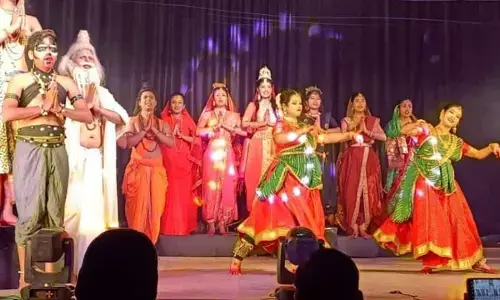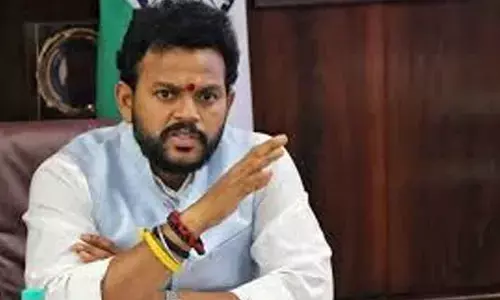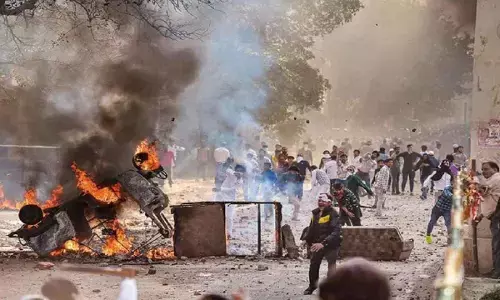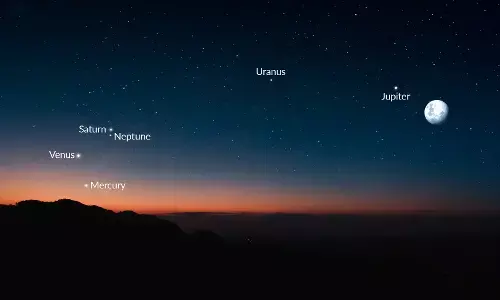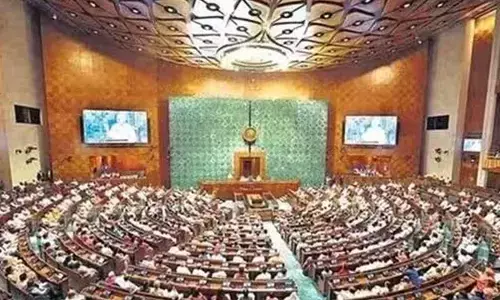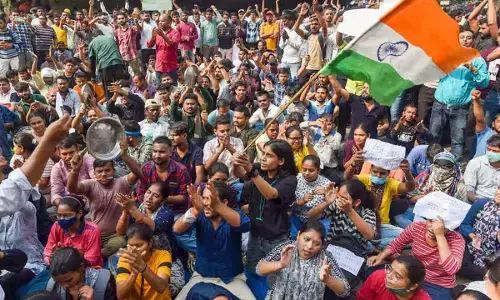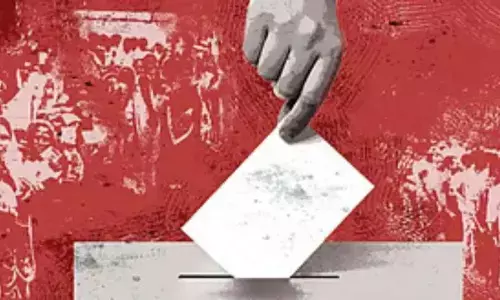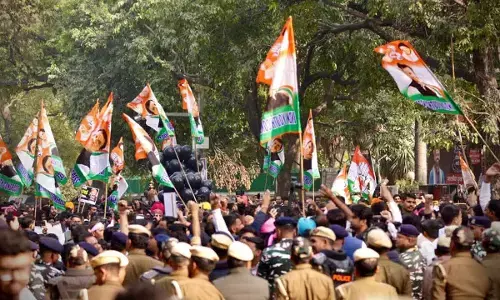Art Appreciation in Bharat: Current status, public participation, Role of Youngsters
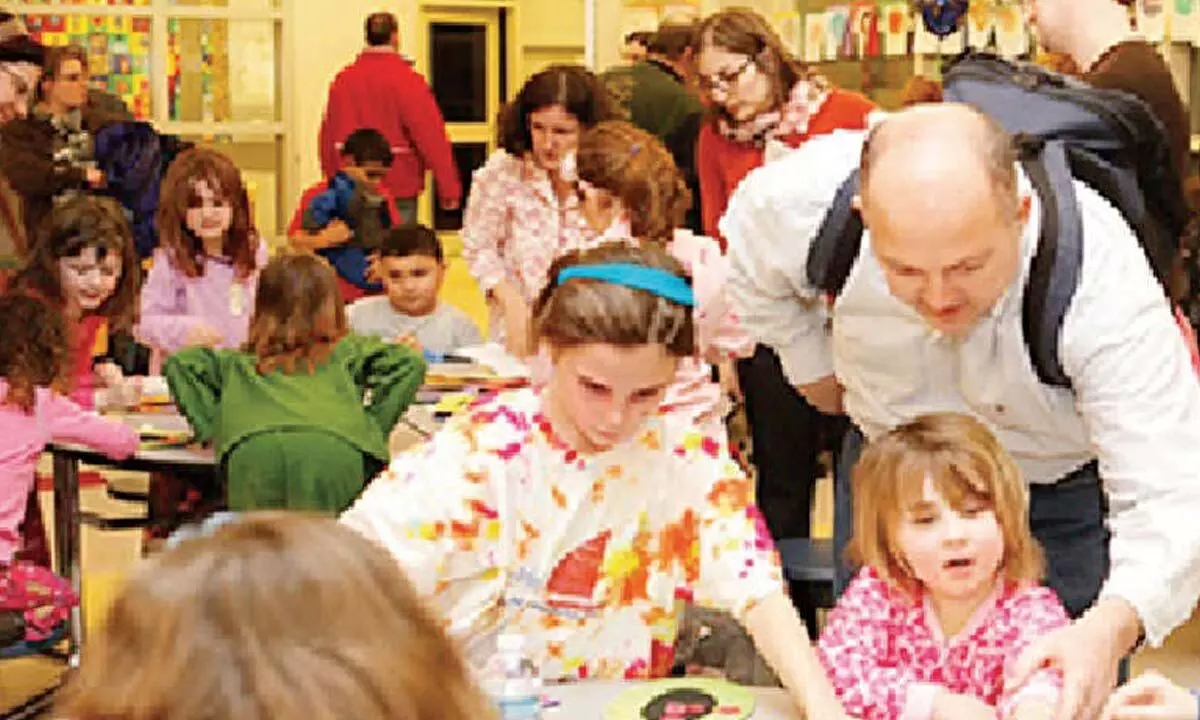
Art has been an essential part of Bharat’s cultural fabric for thousands of years.
Art has been an essential part of Bharat’s cultural fabric for thousands of years. From the intricate carvings of ancient temples to the vibrant street art of today, Bharat’s artistic landscape is rich and diverse. However, appreciating this art is a complex issue, shaped by various socio-economic, educational, and cultural factors.
Current Status of Art Appreciation in Bharat
Traditionally, art appreciation in Bharat has focused on classical forms such as Bharatanatyam, Kathak, miniature paintings, and temple architecture. Recently, contemporary art forms like digital art, street art, and modern installations have started gaining recognition. Major cities like Delhi, Mumbai, and Bangalore host numerous galleries, museums, and art festivals, reflecting a growing interest in the arts.
Despite these developments, art appreciation remains limited to certain segments of society. Rural areas and smaller towns often lack access to quality art education and infrastructure. Additionally, there’s a common perception that art is a luxury rather than a necessary part of holistic education. As a result, art often takes a backseat to more traditional academic subjects.Currently, Bharat has around 1,200 museums and 11,536 art galleries. During the recent G20 summit, approximately 300 cultural events were organized across 60 locations. Despite these efforts, cultural organizations and artists have noticed a gradual decline in audience attendance, necessitating significant efforts to attract participants. According to an IMRB report, tourist footfalls increase by over 1% when fairs and festivals are celebrated at a destination, highlighting the positive impact on tourism.
Public Participation in Art
Public participation in art in Bharat varies significantly across different regions and socio-economic groups. Urban areas with higher literacy rates and better access to cultural resources see more active participation in art events, exhibitions, and workshops. The rise of social media has also democratized access to art, allowing a broader audience to engage with various art forms virtually.
However, challenges such as limited funding for the arts, insufficient infrastructure, and a lack of comprehensive art education programs in schools hinder widespread public participation.
Role of Youngsters in Art Participation and Appreciation
Youngsters play a crucial role in the evolution and appreciation of art. With their natural curiosity, creativity, and comfort with new technologies, they are well-positioned to lead the revitalization of art appreciation in Bharat. Youth-driven initiatives, such as community art projects, online art communities, and college festivals, are vital in fostering a culture of art appreciation.
Additionally, youngsters are adept at using digital platforms to create and share art, thereby reaching a global audience. This digital proficiency not only enhances their own artistic expression but also inspires others to explore and appreciate different art forms.
The New Education Policy (NEP) 2020 in Bharat aims to promote holistic development, including the arts, and is expected to significantly contribute to art appreciation in the country. The policy includes art integration across the curriculum, emphasizing experiential and joyful learning. It also highlights Bharat’s rich artistic and cultural heritage, exposing students to diverse art forms and traditions. Local artists and craftspersons will be involved as guest faculty, introducing students to authentic art forms and traditions.
The NEP also emphasizes vocational education and skill development, promoting art as a viable career option. This can increase the economic value of art and artists, fostering a more appreciative audience. The policy also focuses on holistic development, cultivating well-rounded individuals with a strong sense of aesthetics and critical thinking skills.
Infrastructure development is another focus, with an emphasis on creating art-friendly spaces in schools and colleges and increasing investment in museums and galleries. However, successful implementation depends on teacher training, adequate infrastructure, comprehensive art curricula, and public awareness about the importance of art appreciation among parents and the community. By addressing these challenges, Bharat can harness the potential of the NEP to cultivate a nation of art enthusiasts and connoisseurs.
Innovative Methods to Increase Art Participation
1. Integrating Art into Education: Introducing comprehensive art education programs in schools and colleges can cultivate an appreciation for the arts from a young age. Curriculums should include hands-on art projects, art history, and exposure to various art forms to foster creativity and critical thinking.
2. Community Art Projects: Organizing community art initiatives, such as mural painting, street art festivals, and public art installations, can engage a broader audience. These projects not only beautify public spaces but also encourage communal participation and ownership of the arts.
3. Digital Platforms and Social Media: Utilizing digital platforms to host virtual exhibitions, online art competitions, and interactive art tutorials can make art more accessible. Social media campaigns highlighting local artists and their work can also generate widespread interest and appreciation.
4. Art and Technology Fusion: Encouraging the fusion of art and technology, such as augmented reality (AR) and virtual reality (VR) art experiences, can attract tech-savvy youngsters. Interactive installations and immersive art experiences can provide a novel and engaging way to experience art.
5. Corporate Sponsorships and Partnerships: Collaborating with corporate entities to sponsor art events, exhibitions, and educational programs can provide much-needed funding and visibility for the arts. Corporate art patronage can also promote art appreciation within the corporate sector and beyond.
6. Art Therapy Programs: Incorporating art therapy programs in educational institutions and community centers can highlight the therapeutic benefits of art. These programs can also make art more approachable and relevant to people’s daily lives.
Art appreciation in Bharat is undergoing a transformative journey, driven by the dynamic energy of its youth and the innovative potential of digital platforms. By integrating art into education, fostering community projects, and leveraging technology, Bharat can cultivate a vibrant culture of art appreciation that transcends socio-economic barriers.
As the custodians of this rich artistic heritage, it is the responsibility of both individuals and institutions to support and celebrate the arts, ensuring their continued relevance and vitality for future generations.








